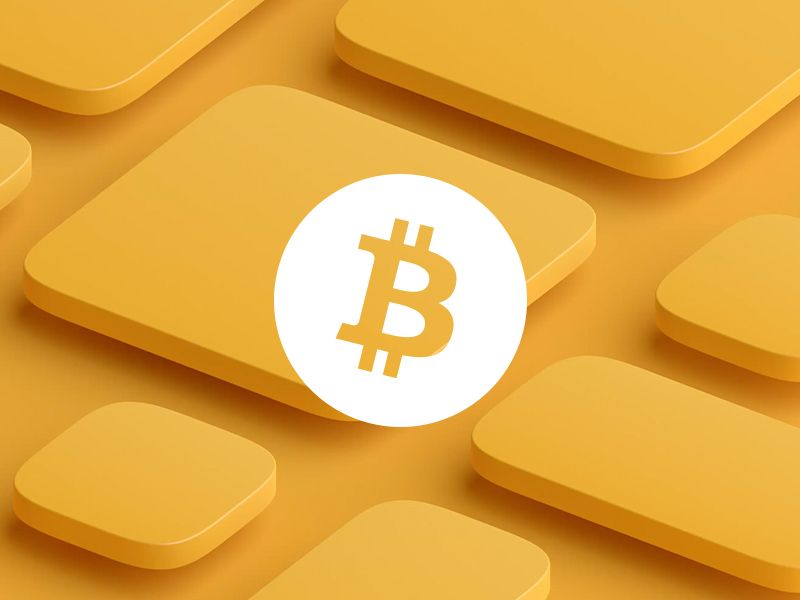Bitcoin Unchained: Decentralizing Wealth in a Digitally Dominated Era

Introduction: A Radical Departure from Traditional Money
Bitcoin has emerged as one of the most significant innovations of the 21st century—a currency without a country, a financial system without intermediaries, and a movement rooted in decentralization. It was not born out of a corporate boardroom or central bank policy but from a whitepaper published in 2008 amidst the global financial crisis. The goal was revolutionary: to create a peer-to-peer digital cash system independent of government control and financial institutions. Today, Bitcoin stands as a symbol of financial autonomy, digital empowerment, and a challenge to the legacy systems of the past.
The Philosophical Foundation of Bitcoin
At the heart of Bitcoin lies more than just code—it embodies a powerful philosophy. Nakamoto’s vision was not merely to create a currency, but to build a decentralized and trustless ecosystem. The motivation stemmed from widespread mistrust in centralized banking following the 2008 economic meltdown. Bitcoin proposes a future where individuals can manage their own wealth without relying on gatekeepers.
Core Philosophical Principles of Bitcoin:
-
Sovereignty: Control over one’s money without reliance on central authorities.
-
Transparency: A public ledger where transactions are visible and verifiable by all.
-
Inclusion: Financial access for the unbanked and underbanked populations.
-
Anti-inflationary Design: A capped supply to combat reckless monetary policies.
This ideological underpinning is what differentiates Bitcoin from other digital currencies and fintech solutions—it’s not just technology; it’s a movement.
How Bitcoin Works: A Simplified Breakdown
Bitcoin operates on blockchain technology, a distributed ledger system where data is stored across thousands of computers (nodes) worldwide. When a user sends bitcoin, the transaction is broadcasted to the network. Miners then validate it by solving complex mathematical puzzles, ensuring the network’s integrity.
The Process in Brief:
-
Wallets: Users store and send bitcoins through digital wallets secured with private keys.
-
Mining: A computational process that confirms transactions and adds them to the blockchain.
-
Proof of Work: The consensus mechanism that ensures security through computational effort.
-
Block Rewards: Miners receive newly minted bitcoins as an incentive, halving every four years to control supply.
What’s remarkable is that this entire system functions without any central oversight, relying solely on code, cryptography, and community consensus.
Bitcoin in the Modern Economy
No longer confined to tech enthusiasts or cryptography forums, Bitcoin has penetrated mainstream markets. Companies like Tesla, MicroStrategy, and Square have added it to their balance sheets. Financial giants such as Fidelity and BlackRock have launched Bitcoin-related investment products. Central banks, once skeptical, are now exploring their own digital currencies in response.
Economic Roles Bitcoin Is Playing Today:
-
Speculative Investment: A volatile yet potentially high-return asset class.
-
Store of Value: Referred to as “digital gold,” it appeals to those hedging against fiat devaluation.
-
Payment System: Though limited, a growing number of merchants accept bitcoin for goods and services.
-
Geopolitical Hedge: Used in countries experiencing capital controls or hyperinflation as an alternative to failing fiat systems.
Bitcoin’s use cases are evolving, reflecting both its strengths and its current limitations in scalability and volatility.
Environmental Debate: The Energy Conundrum
One of the most contentious issues surrounding Bitcoin is its energy consumption. The proof-of-work model demands high computational power, raising alarms about sustainability. Critics argue it’s an ecological disaster; supporters claim it’s misunderstood and that much of the mining is shifting toward renewable sources.
Key Considerations in the Debate:
-
Global Usage Comparison: Bitcoin mining uses less energy than traditional banking systems or gold mining.
-
Geographical Shifts: Countries like Iceland and Canada host miners using geothermal and hydroelectric energy.
-
Technological Innovation: Layer 2 solutions like the Lightning Network are helping reduce the load on the main chain.
While valid concerns persist, ongoing efforts aim to balance Bitcoin’s security model with environmental responsibility.
Government Attitudes and Legal Frameworks
Bitcoin has become a geopolitical flashpoint. Some countries view it as a threat to monetary sovereignty, others as an opportunity to attract innovation and capital.
A Snapshot of Global Responses:
-
El Salvador: The first country to adopt Bitcoin as legal tender, promoting financial inclusion.
-
China: Cracked down on mining and trading, pushing activities offshore.
-
United States: Treading a fine line between consumer protection and innovation encouragement.
-
European Union: Moving towards unified regulation via the MiCA framework.
The regulatory future of Bitcoin is critical. Clarity could invite institutional money and innovation, while draconian measures could drive the ecosystem underground or offshore.
Security, Scalability, and the Path Forward
Bitcoin’s security track record is impressive—its blockchain has never been hacked. However, scalability remains a challenge. As transaction volumes grow, so do network fees and processing times.
Future-Facing Innovations:
-
Lightning Network: Enables instant, low-cost payments off-chain.
-
Taproot Upgrade: Enhances privacy and efficiency of complex transactions.
-
Second-Layer Solutions: Platforms building atop Bitcoin to offer diverse functionalities.
The future depends on striking a balance between decentralization, performance, and user experience. Bitcoin’s ethos must remain intact while scaling to meet global demand.
Conclusion: Bitcoin’s Journey Has Only Just Begun
Bitcoin has weathered criticism, volatility, bans, and skepticism—and yet, it endures. It has redefined the way we perceive money, value, and trust. Though it’s still a work in progress, Bitcoin continues to ignite innovation, inspire movements, and raise profound questions about the nature of freedom in the digital era.
Whether Bitcoin becomes a universal currency, remains a digital store of value, or evolves into something entirely new, one thing is certain: it has already etched its legacy as one of the most important financial inventions in modern history. The genie is out of the bottle—and there’s no turning back.
